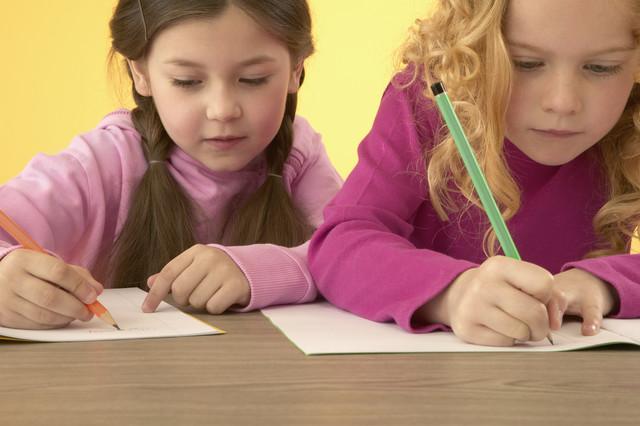 Supporting young people in their growth as young writers is one of the most important and complicated tasks that educators and parents manage in the early years of life. It is important for many reasons but the one that most often comes to mind is that is is essential to communicate thoughts and ideas effectively. I think that this is the reason that most often pops into people’s heads when they consider why writing is important.
Supporting young people in their growth as young writers is one of the most important and complicated tasks that educators and parents manage in the early years of life. It is important for many reasons but the one that most often comes to mind is that is is essential to communicate thoughts and ideas effectively. I think that this is the reason that most often pops into people’s heads when they consider why writing is important.
There is another reason of equal importance and is often overlooked. Writing is important not only as a skill to be learned but as a tool that enhances learning and facilitates deep understanding. Think about how writing works for a minute. When you sit down to write, the words don’t just spill out through the pen, pencil, or keyboard. When you sit down to write an amazing cognitive task is initiated. You consider:
- who am I writing to/for?
- why am I writing this?
- what do I hope to achieve?
- what am I writing about?
- what words will I use to articulate this message?
- in what order will these words make the most sense?
- in what order will these ideas make the most sense?
I could go on and on, but I think you get the idea. Writing is incredibly complicated but it is also an essential mechanism that we use to reflect on our ideas, to refine those ideas, and in our attempt to communicate those ideas to others so that they will understand.
The review and rehearsal of information is a critical step in the process young people use to attach new information to existing information and, therefore, make sure that it “sticks” in the long term storage of the mind. By engaging young people in writing as much as possible, we actually engage them in thinking as much as possible.
The lesson is this; encourage and support young people to write as much as is possible throughout the day. More writing, more thinking. More thinking, more review and rehearsal. More review and rehearsal, more learning. Learning and learning how to learn is what we all want that for the young people in this community.
So, think about all of the ways that you can engage your young writer in the process of thinking and processing ideas and information.
- If they have a special meal that they would like, ask them to write it down so that you remember. If they are a little older ask them to write down as many of the ingredients as they can remember.
- If they would like a playdate with a friend, ask them to make a note of it so that you don’t forget. Ask them to jot down a few things they would like to do during that playdate.
- Engage them in writing about their interests. If they like to build things, engage them in writing about the buildings and the designs of those structures. They might like drawing or painting, ask them to describe the painting or drawing.
There are a million ways to go about it but the bottom line remains the same. Every time they put pen to paper it’s contributing to their growth as a writer AND a learner.

Your description of the benefits of writing are great. Even though I love and highly encourage writing, I had not thought about the benefits so completely.
I have a daughter who loves to write stories, but seldom completes them, and another who is not too interested in writing at all. The ideas you suggested about writing/jotting down things they are interested in such as foods they would like or activities they would like to do at a friend’s house are easy, able to be completed and doable every day tips.
Thanks for writing about this topic.